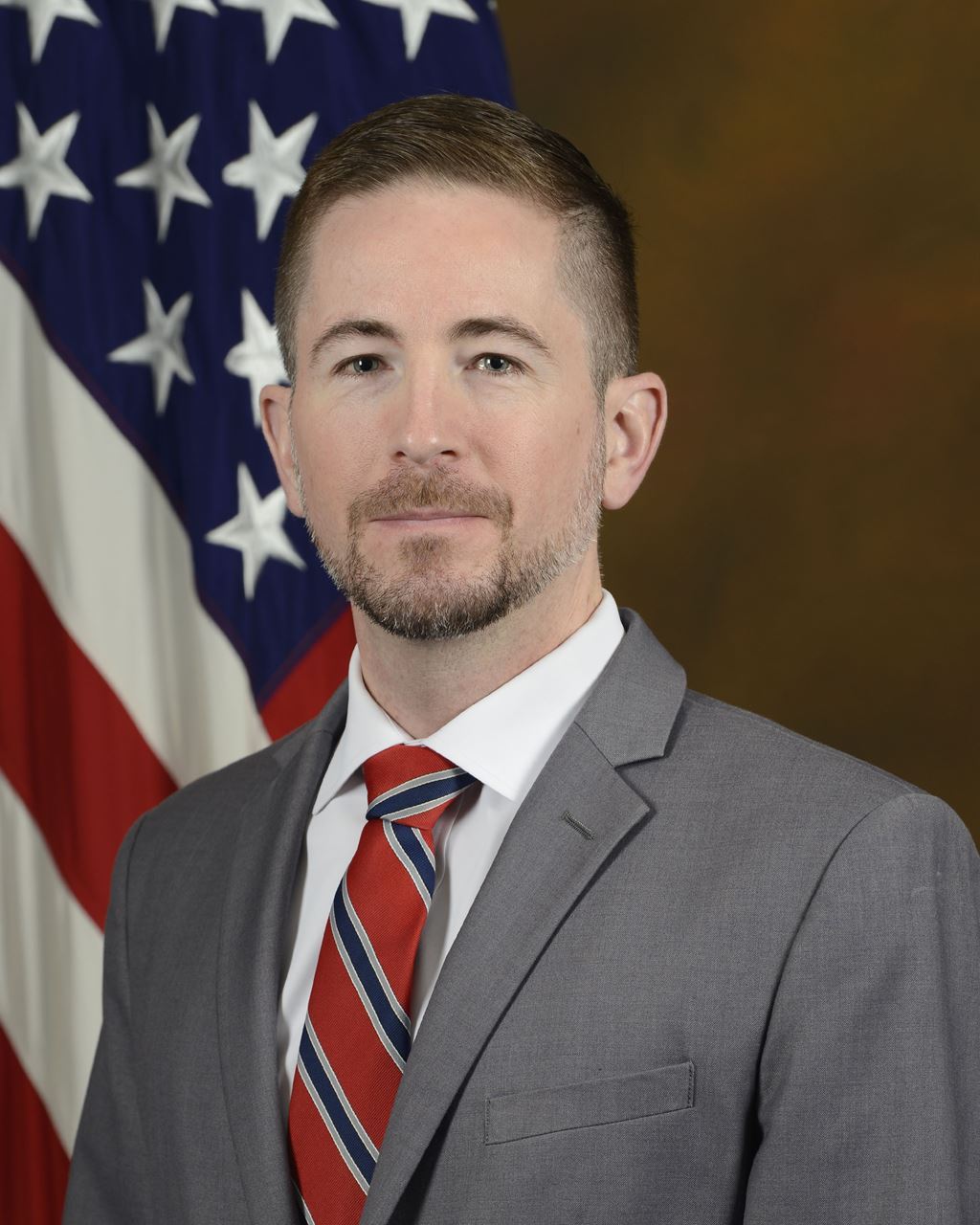 Please note your affiliation and experience in the energy and/or environmental field.
Please note your affiliation and experience in the energy and/or environmental field.
I am the Army Secretariat’s Special Assistant for Energy and Sustainability, and have been working in the energy field, environmental field, and at the energy-environmental seams for about 17 years (including graduate school).
I spent my mid-twenties as an environmental project engineer (often at construction and industrial facilities), over five years as an academic researcher evaluating the life-cycle environmental and economic trade-offs associated with scaling up alternative fuels infrastructure, and the last seven years as an advisor and program manager for the military’s energy technology development and installation resilience initiatives.
Any particular achievement/interest in energy/environment you would like to mention?
One of my richest career experiences was serving as the Executive Secretary for the Defense Science Board’s Task Force on Energy Systems for Forward and Remote Operating Bases, which was stood up after the Senate requested the DoD to evaluate the feasibility of “micro” nuclear reactors.
In this role, I invited experts from the U.S. Government, DOE’s national labs, and private sector to share insights on energy technologies, reactor licensing, military operations, international logistics, and many other topics to inform the Task Force’s recommendations to the DoD on whether and how to support the development of micronuclear reactors. The costs and benefits of adopting these recommendations remain controversial, so I have enjoyed monitoring progress and discussions on this topic for the last seven years.
In your opinion, what are important issues facing the energy industry today?
Energy analysts will need to be attentive to the ever-evolving and situation-specific notion of a “functional unit” for energy. I’m as guilty as anyone of using kilowatt-hours to represent electrical service, and gasoline-gallon-equivalents to represent transportation service; however, as we continue diversifying energy resources and developing business models that better articulate how we define energy services, it will be challenging to ensure metrics remain relevant.
As we revise energy and environmental policies, we must appreciate the interconnected nature of energy throughout the economy, as changes to energy prices and availability have a variety of impacts to quality of life both domestically and internationally.
How long have you been a member of NCAC?
I have been an enthusiastic, dues-paying member of the NCAC-USAEE since 2016.
Any particular NCAC memory you would like to share with us?
I first learned of NCAC shortly after I moved to DC as an American Association for the Advancement of Science (AAAS) Science & Technology Policy Fellow, when I started out as an advisor for DoD’s alternative fuels policies, R&D efforts, and procurement initiatives.
My supervisor forwarded me an invitation to attend a NCAC-USAEE presentation on military biofuels by Joel Yudken (who I later learned is a NCAC member extraordinaire). After cold-emailing the presenter, I soon learned that Joel is also an alumni of the AAAS Fellowship. After paying the noncommittal person’s premium to attend a few lunch seminars, Joel helped convince me to make the economically rational decision to become a member.